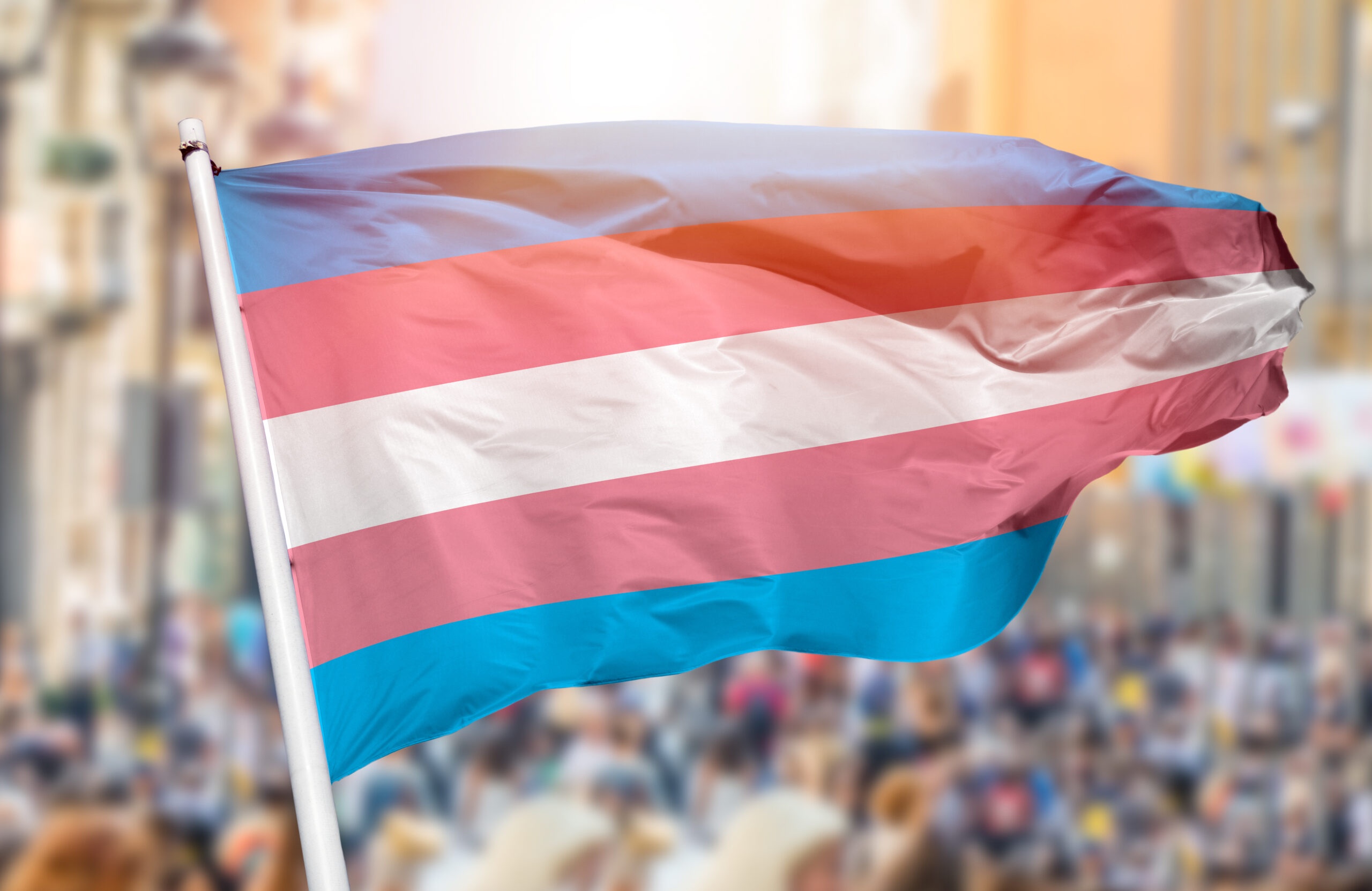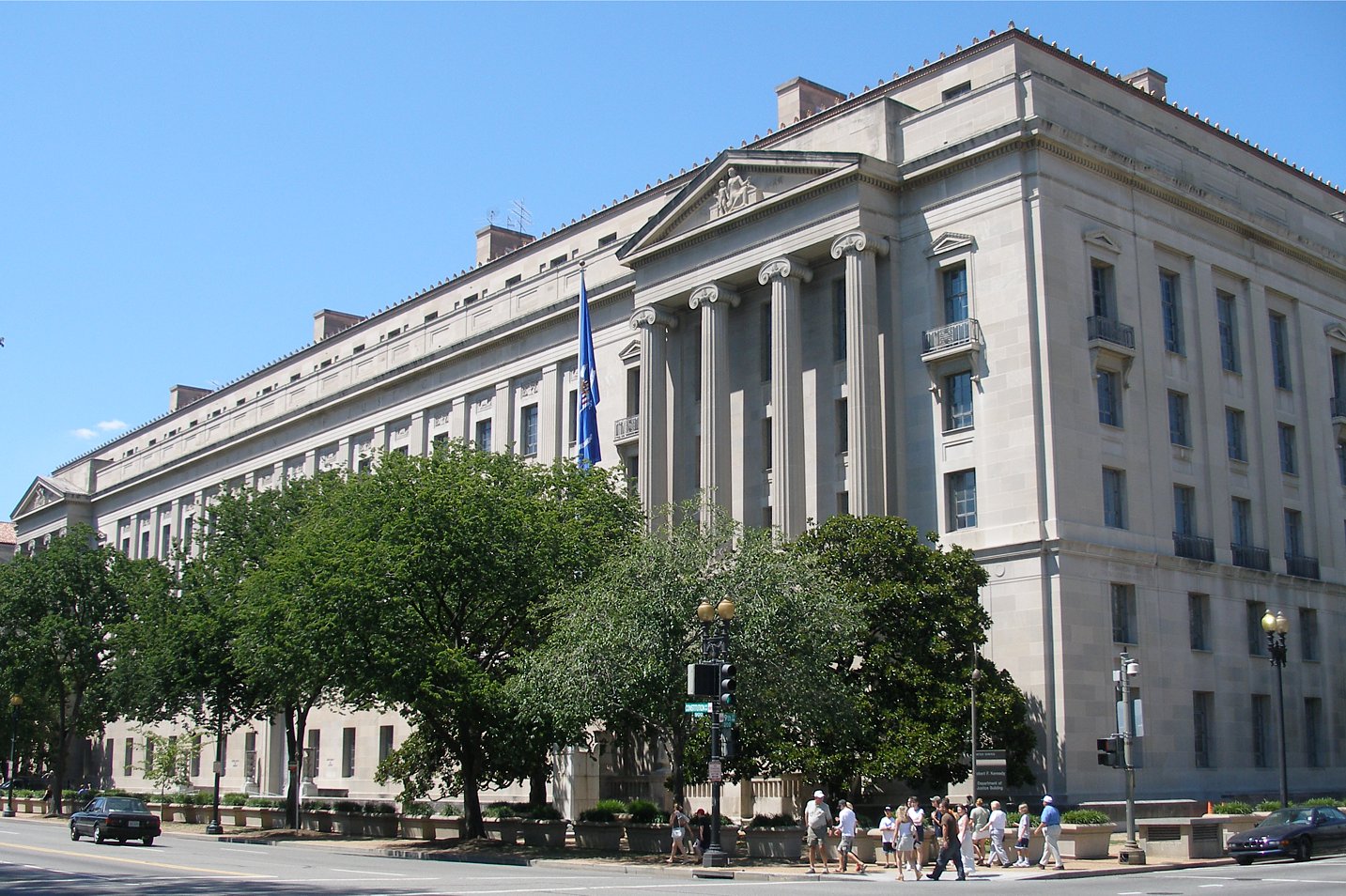Abortion rights, women of color, and LGBTQI+ people are under attack. Pledge to join us in fighting for gender justice.
Victory in the Courts for LGBTQ Workplace Justice

On Friday, a U.S. district judge in Pittsburgh sided with the U.S. Equal Employment Opportunity Commission (EEOC), finding that Title VII of the Civil Rights Act of 1964 protects against workplace discrimination based on sexual orientation in U.S. Equal Employment Opportunity Commission v. Scott Medical Health Center. Title VII bans employment discrimination on the basis of race, color, religion, sex, and national origin. While it does not explicitly mention sexual orientation, the EEOC and a growing number of courts have found that sexual orientation discrimination is a form of sex discrimination.
The EEOC brought this case on behalf of Dale Baxley, an employee of Scott Medical Health Center who reportedly experienced anti-gay harassment from a senior employee.
In June, NWLC joined an amicus brief on this case, arguing that discrimination based on sexual orientation is sex discrimination, and that discrimination against people who have same-sex relationships is associational discrimination. Essentially, this means that discrimination against lesbian, gay, bisexual, or queer people is on the basis of sex, because it hinges of the gender of a person’s partner.
In a victory for the effort to ensure that no one loses employment opportunities based on their failure to conform to gender stereotypes, Judge Cathy Bissoon’s ruled that the case could proceed, stating, “There is no more obvious form of sex stereotyping than making a determination that a person should conform to heterosexuality.”
This case was one of two cases the EEOC filed this year charging that discrimination based on sexual orientation was sex discrimination. Earlier this year, the EEOC also ruled that restricting access to bathrooms on the basis of gender identity could also be sex discrimination under Title VII.
Strong protections against gender stereotyping at work are important for women of every sexual orientation. These rulings are also especially vital for LGBTQ women at work — 82 percent of transgender women report experiencing harassment at work, and many lesbian, bisexual, and queer women live in states where there are no explicit legislative protections against employment discrimination on the basis of sexual orientation.





